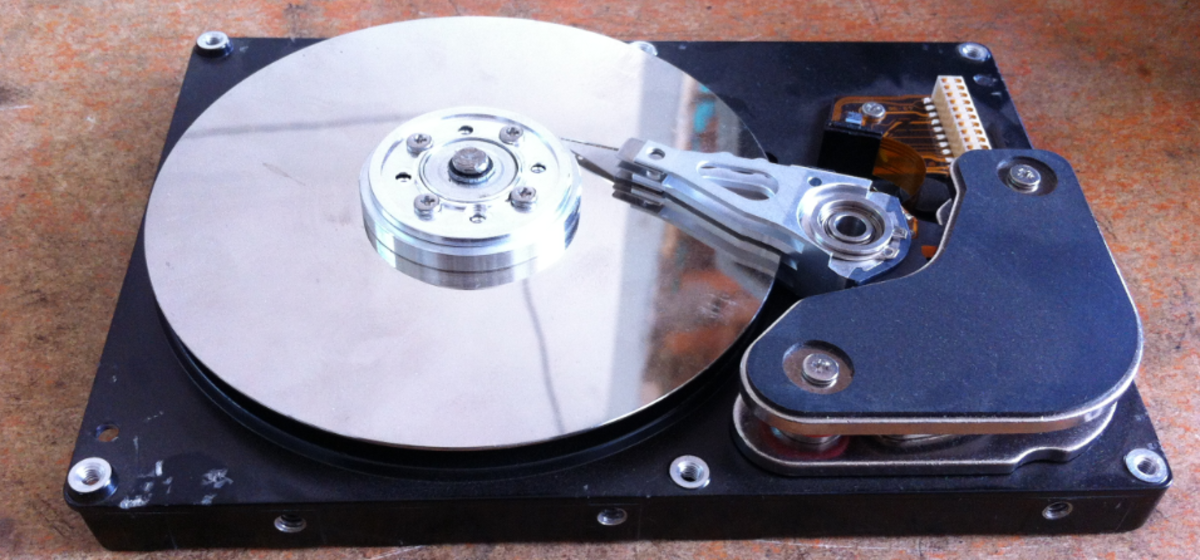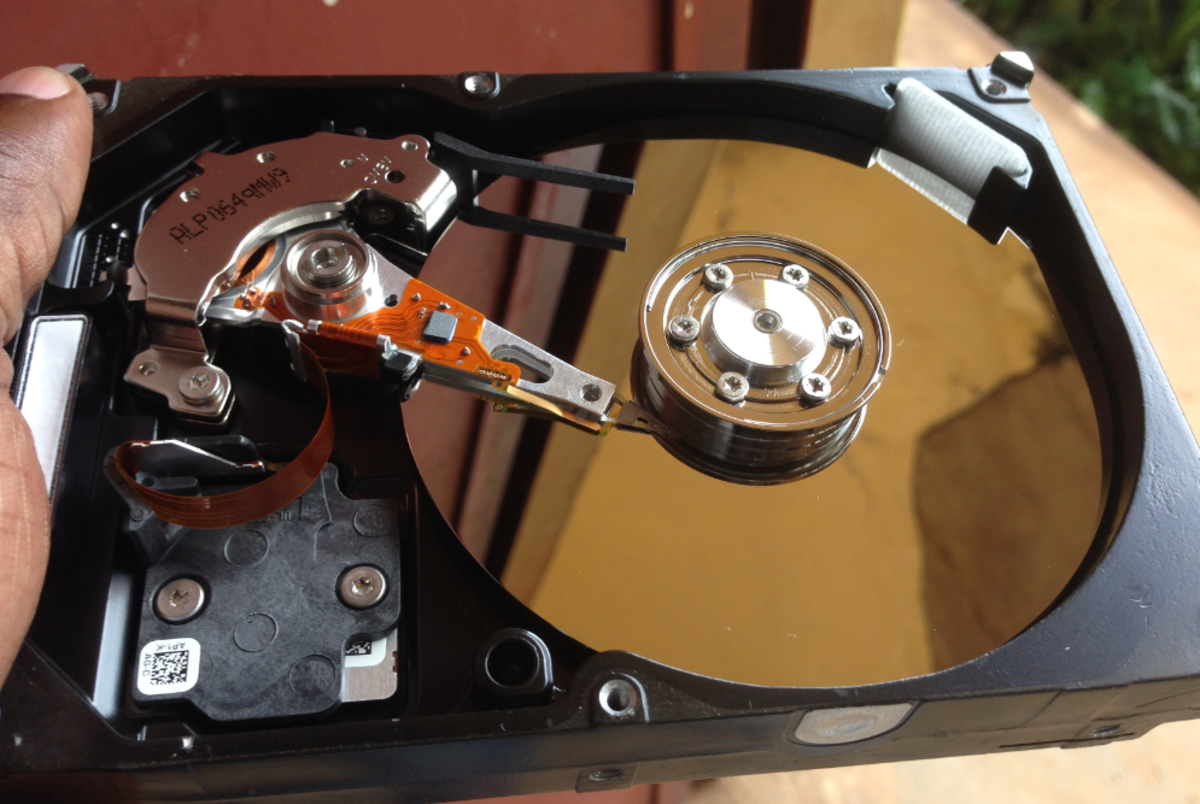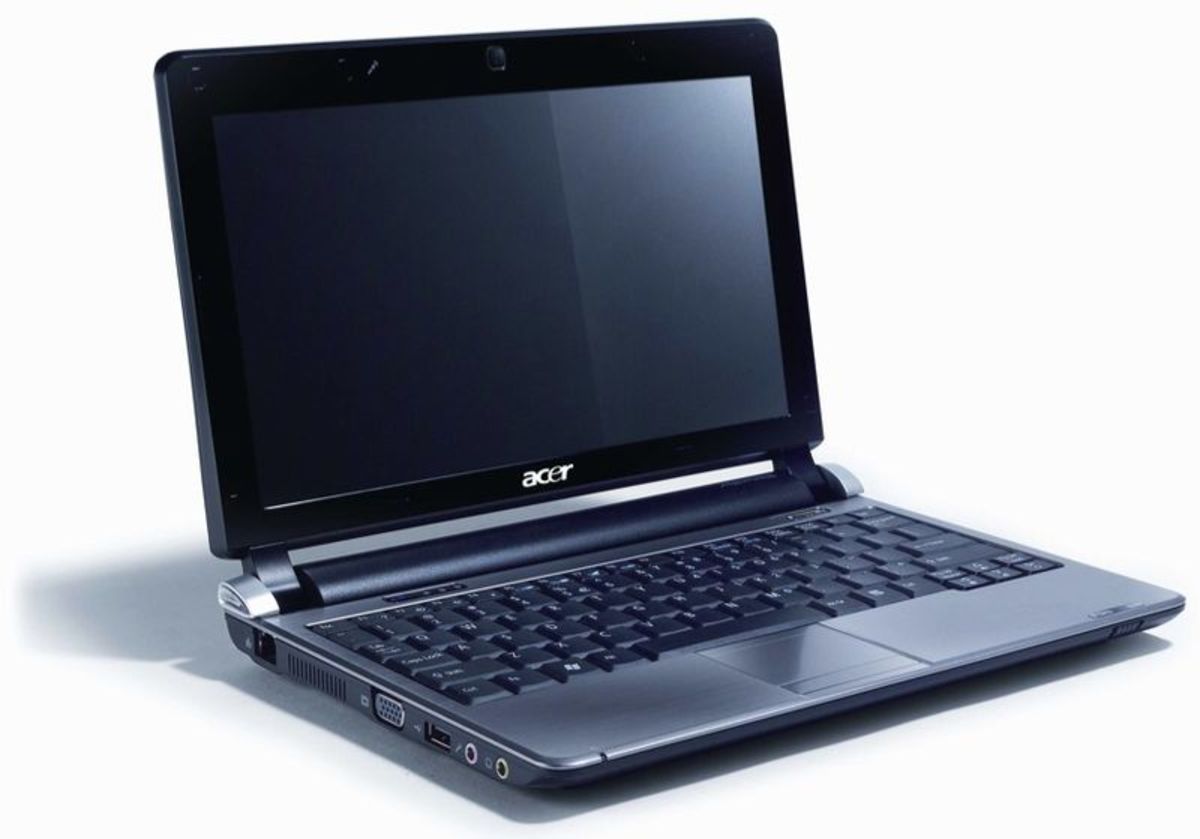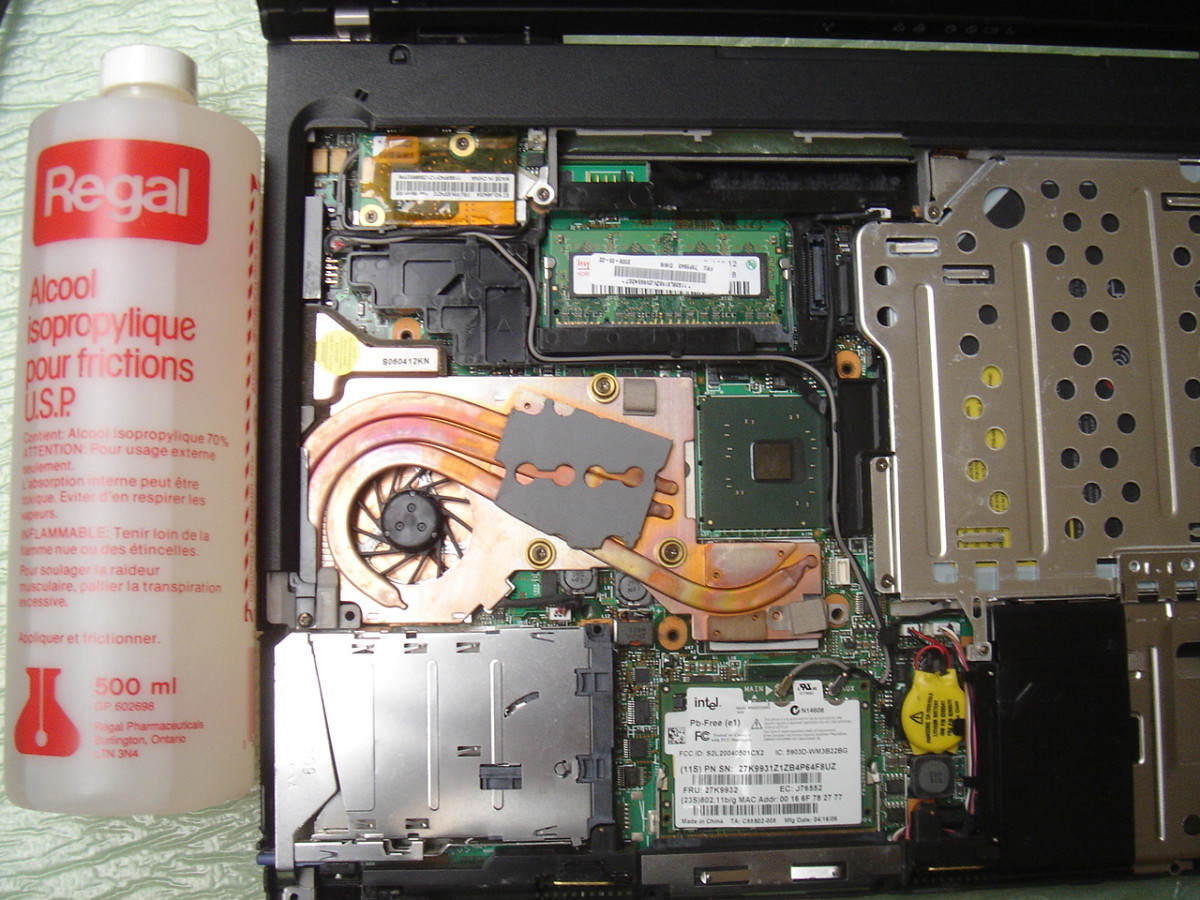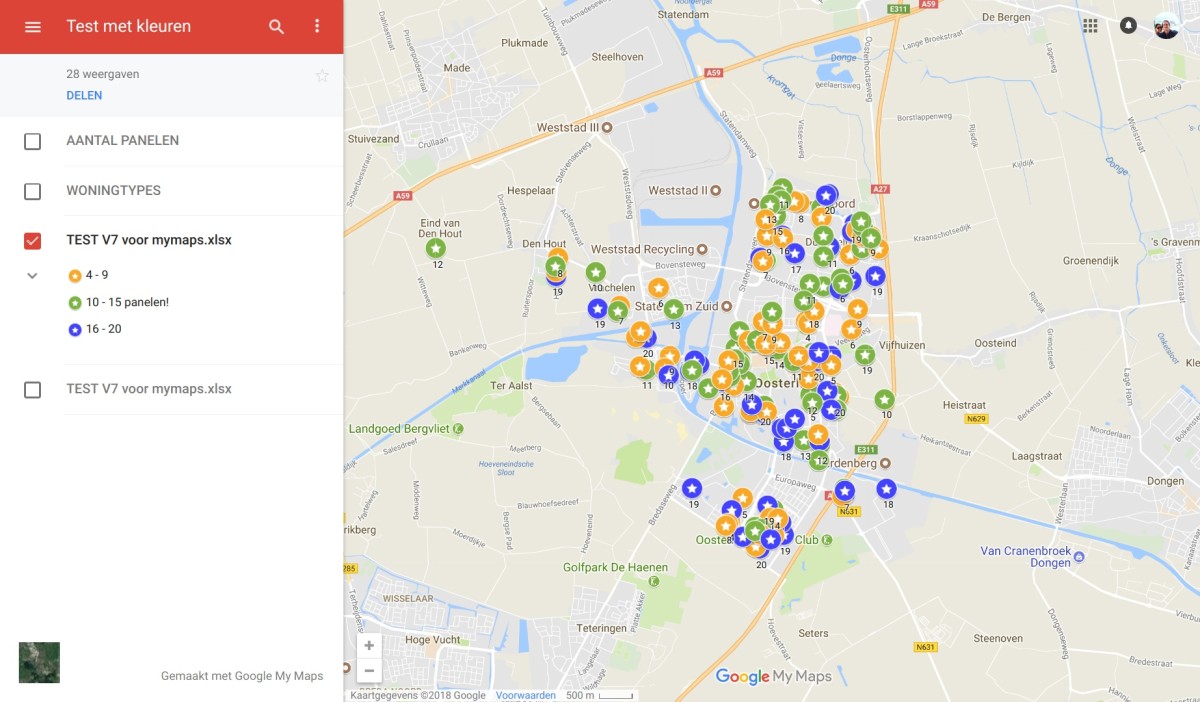External Hard Drive Backup
External Hard Drive Backup
Having an external hard drive backup is one of the smartest investments you can make to ensure the protection of your important computer data. There are many other options available for backups, but an external hard drive backup is probably the fastest and most versatile option available. Unlike a wireless hard drive backup, an external hard drive is not limited by the speed or stability of your wireless connection. The same thing applies to online backup services. Using an online service requires that your internet connection be up and running. This applies to both backing up and retrieving your data. An external hard drive backup is always there and running with your data usually just a click away.
External Hard Drive Backup - What Size Do I Need?
The short answer is, "it depends". You really need to ask yourself what type of backup you want to perform. Do you want to backup your entire system or do you just want to ensure your most important files are kept safe? Do you have a lot of music, movies, and pictures stored on your computer? For some, a complete system backup is important, but I have found the majority of home users are strictly concerned with the most important data files. The benefits of a full system backup are that if your hard drive crashes, you could perform a system restore from your backup and be up and running again with minimal downtime. The downside is this requires a larger external hard drive and the time it takes to backup your data will be longer. Backing up your most important files on the other hand, also know as a partial backup, will require a smaller external hard drive and your backups will not take long at all. If you keep your files well organized, you could even do this manually as opposed to automatically which will in turn free up system resources for other tasks. The downside to partial backups is if your hard drive does crash, you need to reinstall your operating system and all of your applications before you are able to restore your data. So as a general rule of thumb, if you are looking to do full system backups, an external hard drive that is 2-4x the size of your internal drive is recommended. For partial backups, you could get by with a drive the same size as your system, or even smaller depending on your particular files. External hard drive backups are so inexpensive these days, it really does not make sense to skimp out though.
Take a look at this Western Digital 2TB USB External Hard Drive at Amazon. As of this writing, this drive cost right around $105. The same drive in the 1TB size is $70. So for an extra thirty five bucks, you are getting double the size. Looks like a no brainer to me. The items listed to the right will have up to date prices from Amazon in case they change after this writing.
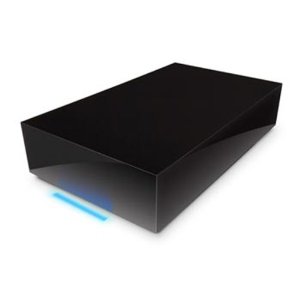
External Hard Drive Backups - USB or FireWire?
There was a time when FireWire(IEEE1394) was the best option for an external hard drive. With the advances in USB technology though, this is no longer the case. There is no need to list all the throughputs for data transfer here, but here is an ordered list of which connection will give you the best transfer rate:
- USB 3.0
- FireWire 800
- USB 2.0
- FireWire 400
- USB 1.0
USB 3.0 is the latest technology and provides the fastest transfer rates. However, to take advantage of this, you need to make sure the USB port on your computer is also USB 3.0. If your USB port is a USB 2.0, then your external hard drive will operate at the speed of USB 2.0. Make sense? There is a newer version of FireWire in the works, but as of this writing, I do not believe it is available yet.
External Hard Drive Backups - Other Benefits
As I mentioned earlier, not being dependent on wireless or internet connection and speed are two of the biggest benefits of using an external hard drive for backups. In addition, they are also extremely easy to setup. On both Macintosh and Windows computers, you simply plug it in and it will show up as a drive without having to install any additional software. Each drive does however usually come packaged with some sort of backup software if you wish to use that instead of the built in functionality of your operating system. Another benefit of using an external hard drive is you can unplug it and take it with you. There are even portable versions available for people that need to do this frequently. They are a little bit more pricey than the standard desktop model though since they are a physically smaller drive. For extremely sensitive data though, you can keep one off site in a safety deposit box for example to really keep your data safe.
You need an external hard drive today!
If you currently are not backing up your important data, you are taking a huge risk. Hard disk drives having moving parts inside of them (unless you are using an SSD) and these parts will eventually wear down or break. I have seen it too many times where people become too dependent on their computers but do not take the time to setup a proper backup procedure. Trust me, the first time you lose your data you will be kicking yourself in the pants for not having a backup plan.



